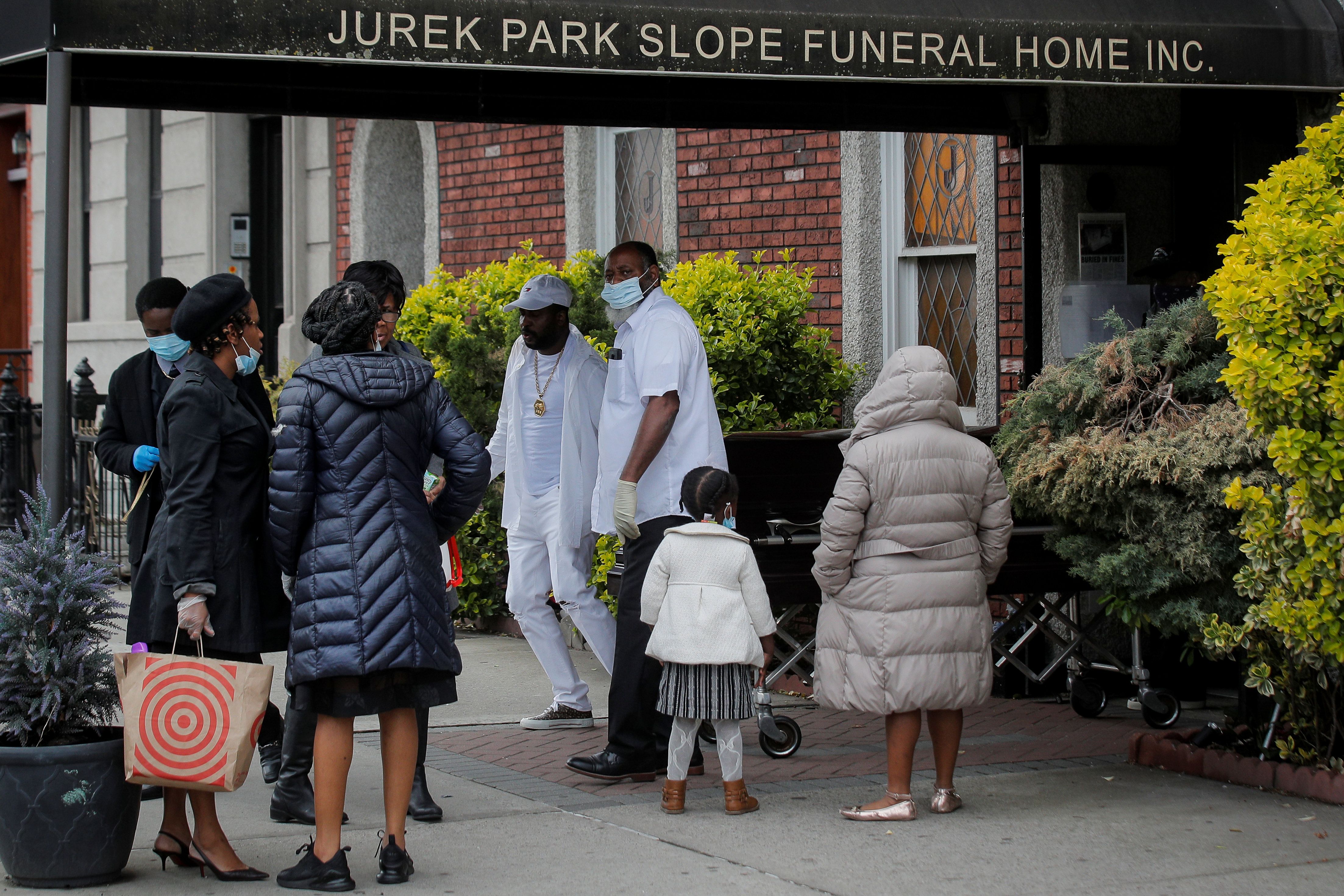Why are African Americans disproportionately suffering from COVID-19? In principle, we are all equal before pandemics, but in practice, COVID-19 is hitting some people much harder than others. An abundance of research out of the US in recent weeks shows that COVID-19 is ravaging African American – and to a lesser extent Latino – communities at disproportionately high rates. Not only are African-Americans more likely to contract the disease, they're also more likely to die from it. In Louisiana, a coronavirus hotspot, some 70 percent of virus-related deaths were among African Americans, although they make up just 32 percent of the population. In Michigan, blacks are 133 percent more likely to be infected by the disease. Similar stories are emerging in New York, where the COVID-19 death rate for Black and Latino New Yorkers is around twice that of whites. Why? Many health experts attribute this to long-existing structural inequalities in health and healthcare that put African American communities at higher risk of falling seriously ill from the disease. Black Americans are also more likely to live in densely populated urban areas, while immigrants from Latin America sometimes live in inter-generational homes, complicating efforts to socially distance. But another huge – and often overlooked – factor contributing to this gap is that Black and Latino Americans make-up a much bigger part of the COVID-19 essential workforce, working as food service workers, cleaners, and public transport operators. Home quarantine and work from home arrangements are a luxury that many of them don't have, resulting in their over-exposure to the deadly virus.
Coronavirus fights crime: Coronavirus-related lockdowns have already helped clean up the environment in countries around the world, now there's evidence that by keeping people off the streets, they are cleaning up crime too — for now. In New York City, crime plummeted 20 percent in the second half of March. Murders in Los Angeles were down 43 percent. In the gang-plagued central American nation of El Salvador, which has the highest murder rate in the world, murders fell from 114 in February to just 65 in March, the lowest figure on record, as quarantines (enforced, ironically, by gangs) kept people indoors. Colombian authorities have seen killings fall more than 50 percent as a result of lockdowns. But there are two big caveats to the good news. The first is that the economic devastation left behind by the coronavirus lockdowns could cause crime to rise again sharply as quarantines are eased and governments have fewer resources to dedicate to security. The second is that while violence on the streets may be falling, violence within the home is on the rise, as reports of domestic violence surge around the world.
EU agrees on an anti-viral aid package: The coronavirus may be the toughest challenge the EU has ever faced, but the Union has at least agreed to throw some serious money at it. After a 14-hour marathon meeting, the bloc's finance ministers reached a deal on 500 billion Euros worth of credit lines and unemployment insurance for member states. Getting to yes required the usual wrangling over lending conditions between northern member states — which on the whole have more balanced budgets and insist on strict economic reforms in exchange for loans — and their generally more indebted southern counterparts, who are bearing the brunt of the pandemic. The rescue package will help get EU members through the worst of the crisis, but the bigger question of what the post-crisis economic reconstruction looks like, or who will pay for it, remains unanswered.
More For You
Singapore was one of globalization’s biggest beneficiaries. Ian Bremmer looks at whether the city-state can survive in a world where the economic order that drove Singapore's rapid rise starts to unravel.
Most Popular
Think you know what's going on around the world? Here's your chance to prove it.
Xi Jinping has spent three years gutting his own military leadership. Five of the seven members of the Central Military Commission – China's supreme military authority – have been purged since 2023, all of whom were handpicked by Xi himself back in 2022.
